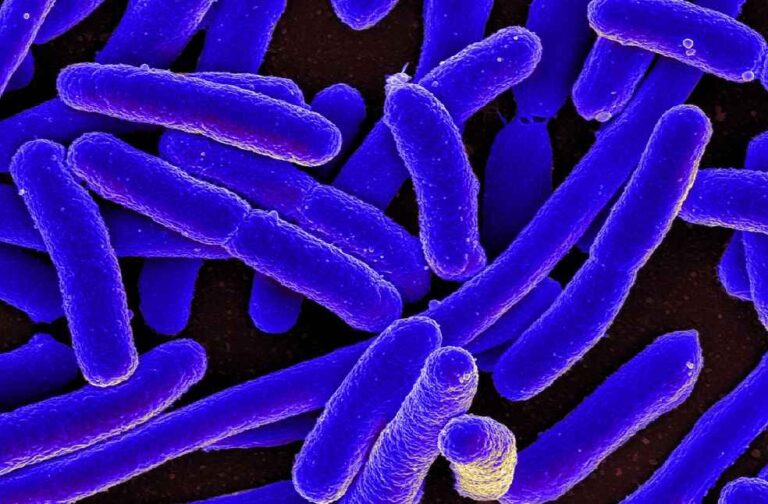United Kingdom: A new study has found that the widespread use of antibiotics in agriculture, particularly as growth promoters, has led to the emergence of bacteria that are more resistant to the human immune system. According to the new research, published in the journal eLife, the antimicrobial colistin, which was widely used on pig and chicken farms in China, had caused the emergence of E coli strains that can evade our immune system’s first line of defence.
Although colistin has since been banned as a livestock food additive in China and many other countries, the research highlights the dangers of the indiscriminate use of antibiotics in agriculture.

Professor Craig MacLean, who led the research at the University of Oxford, described the development as potentially much more dangerous than resistance to antibiotics, noting that we’ve accidentally compromised our own immune system to get fatter chickens.
The findings have significant implications for the development of new antibiotics in the same class as colistin, known as antimicrobial peptides (AMPs). AMPs are compounds produced by most living organisms in their innate immune response, which is the first line of defense against infection. Colistin is based on a bacterial AMP but is chemically similar to some AMPs produced in the human immune system.

The study further suggests that the emergence of colistin-resistant bacteria could compromise innate immunity, particularly if new antibiotic medicines are developed in the same class as colistin. The researcher team found that E coli carrying a resistance gene called MCR-1 were at least twice as resistant to being killed by human serum, and resistance to human and animal AMPs increased by 62 percent compared to bacteria that lacked the gene.
In addition, the study showed that resistant E coli was twice as likely to kill moth larvae that were injected with the infection compared to the control E coli strain. Furthermore, it highlighted the need for more responsible use of antibiotics in agriculture and the urgent development of new medicines to combat resistant bacteria.



